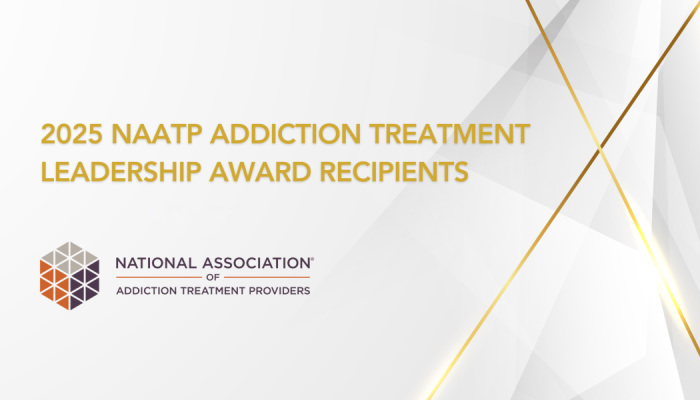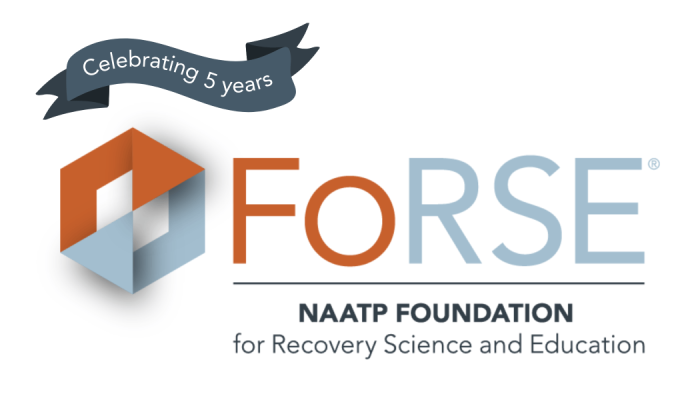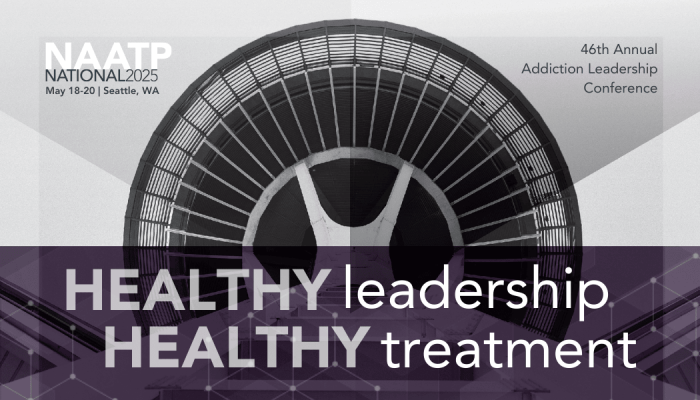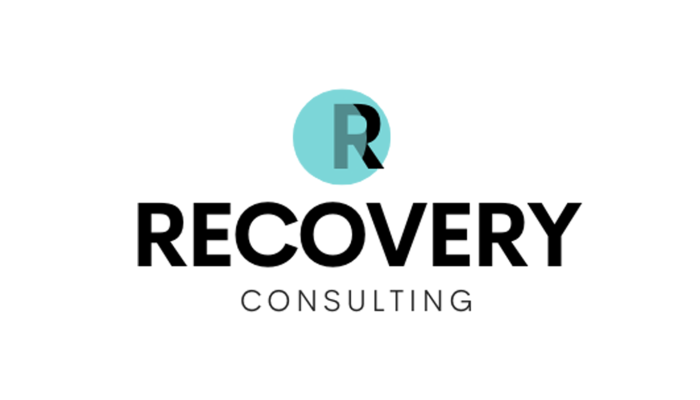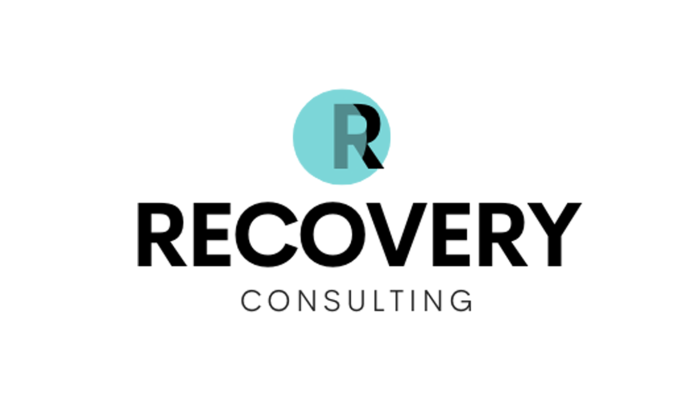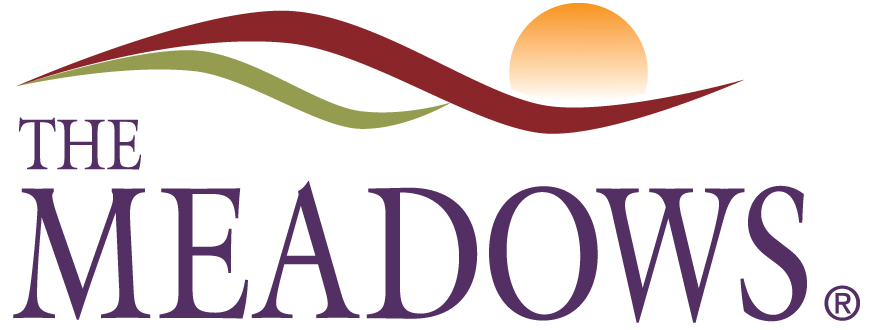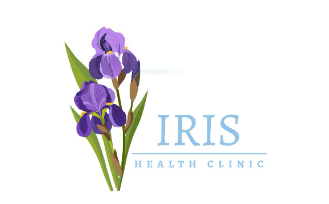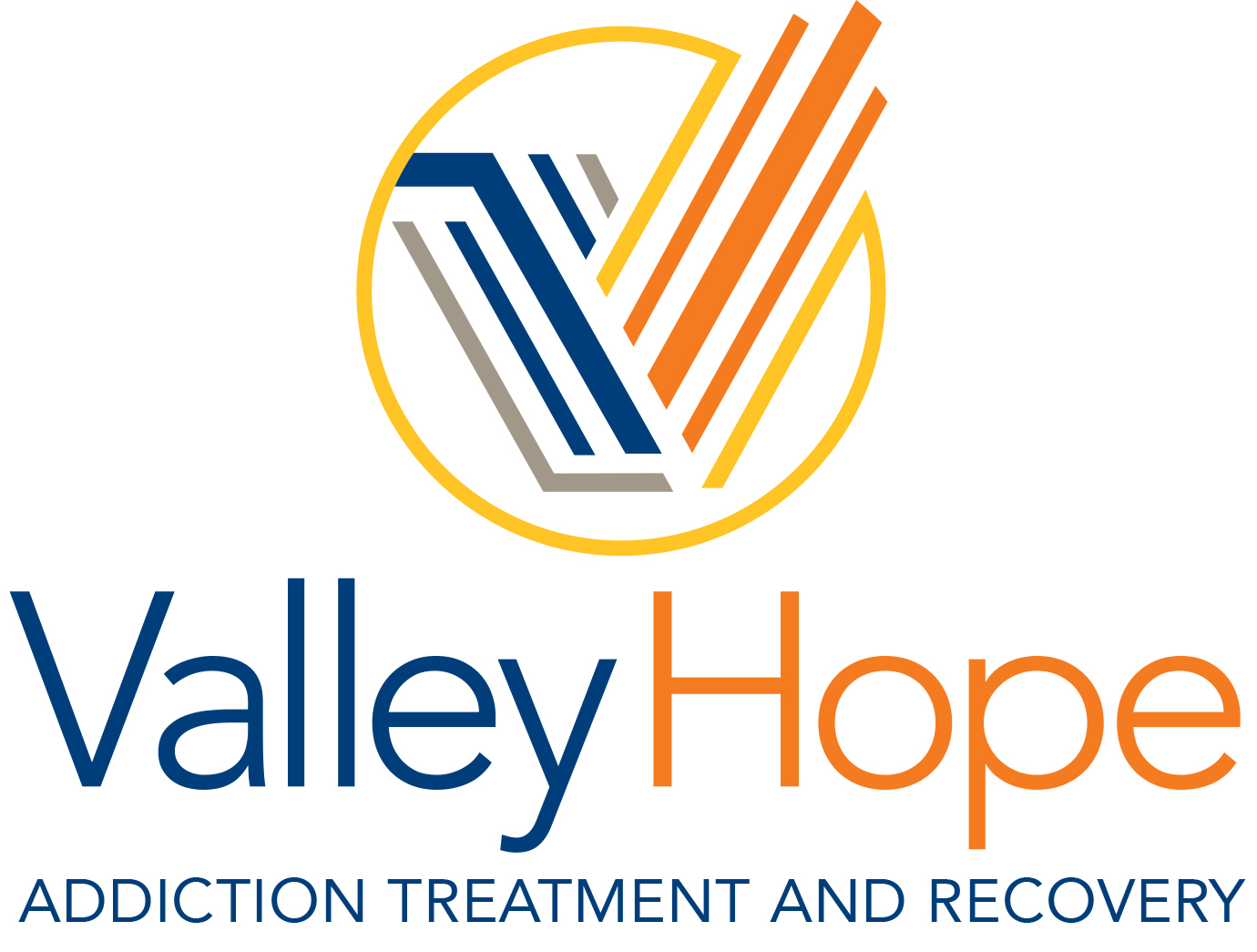Sep 12, 2023
In August, SAMHSA released the Best Practices for Recovery Housing which is an outline for recovery housing that is both an update of previous guidelines and a response to a White House order for guidance to exclude substance use disorder (SUD) treatment services.
On December 29, 2022, President Joe Biden signed the Consolidated Appropriations Act, 2023 (Public Law 117-328). Section 1232, developing guidelines for states to promote the availability of high-quality recovery housing, requires best practices be made publicly available and published on the SAMHSA website. The provision also directs that the guidelines must exclude best practices with respect to substance use disorder treatment services. This document updates a prior Recovery Housing Guideline and outlines best practices for the implementation and operation of recovery housing.
The best practices are intended to serve as a tool for states, governing bodies, providers, recovery house operators, and other interested stakeholders to improve the health of their residents, reduce incidence of overdose, and promote long-term recovery from substance use and co-occurring disorders. Housing or having a home – described as “a stable and safe place to live” – is included in SAMHSA’s working definition of recovery.
The SAMHSA guidelines describe 11 “best practices” that can help improve recovery housing. “SAMHSA recommends that recovery house operators, stakeholders, and states and jurisdictions use these best practices as a guide when enacting policies and designing programs to provide the greatest support for recovery, safety, and quality of life for individuals living in recovery housing.”
NAATP strongly supports Recovery Housing as an integral part of the continuum of care. We also believe that recovery housing should not be mistaken for residential treatment.
NAATP and SAMHSA support the use of recovery housing as a key recovery support strategy to assist individuals living with substance use and/or co-occurring mental health disorders in achieving and sustaining recovery. Providing individuals with a safe and stable place to live can potentially be the foundation for a lifetime in recovery. It is critical that recovery housing programs function with sound, ethical, and effective standards and guidelines that center on a safe, healthy living environment where individuals gain access to community support and recovery support services to advance their recovery.
For more details on the SAMHSA Recovery Housing Guidelines:




